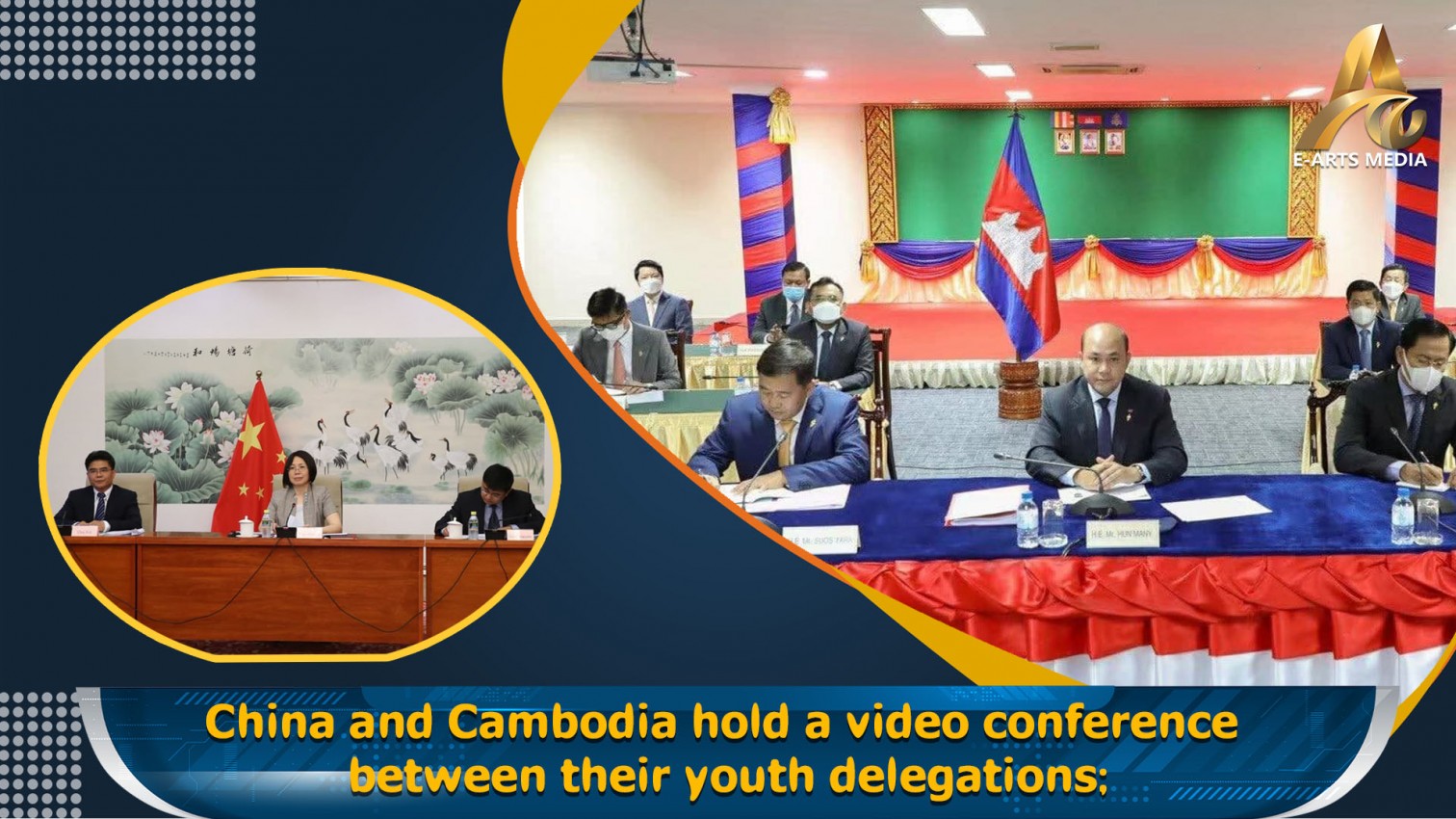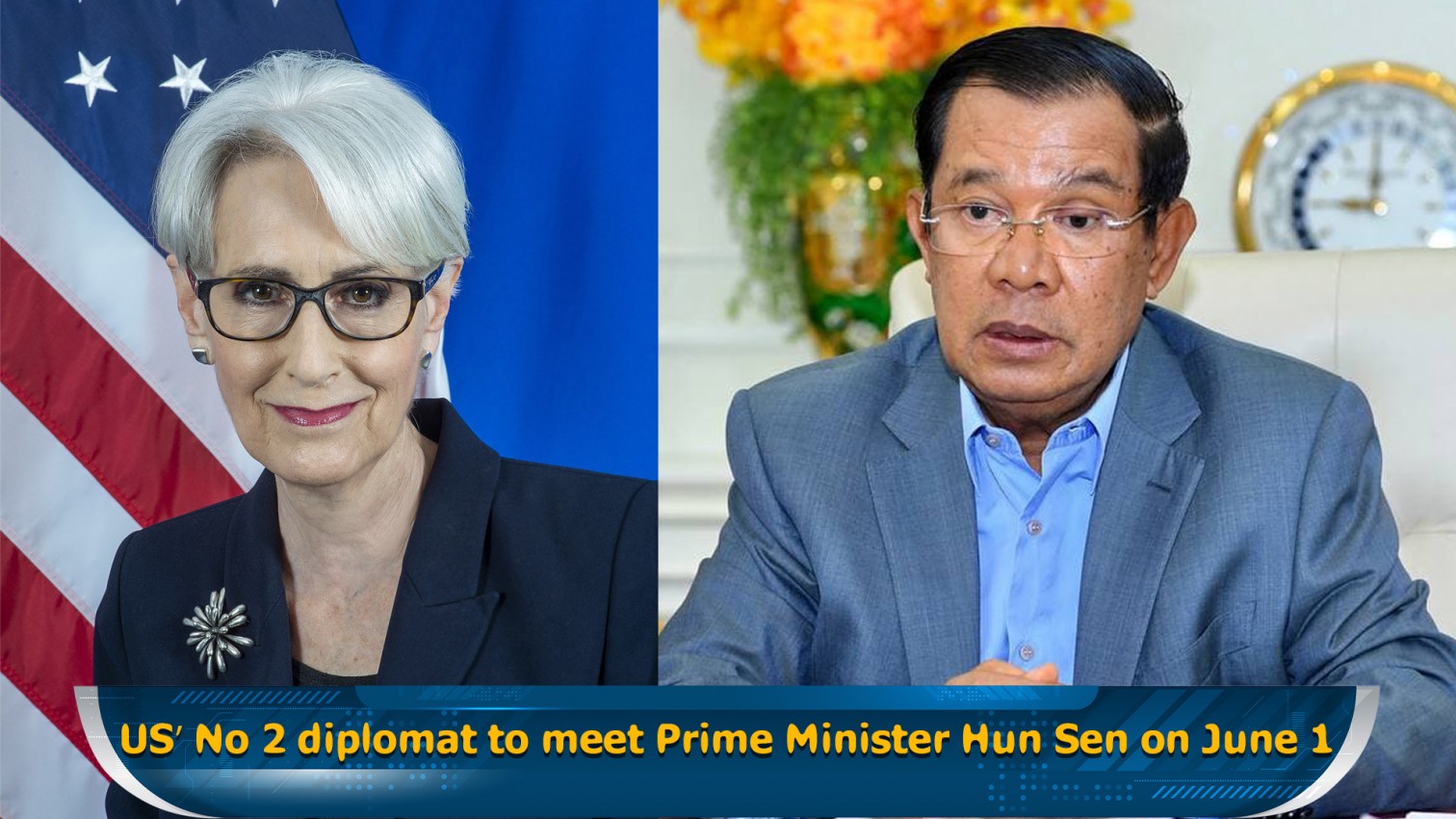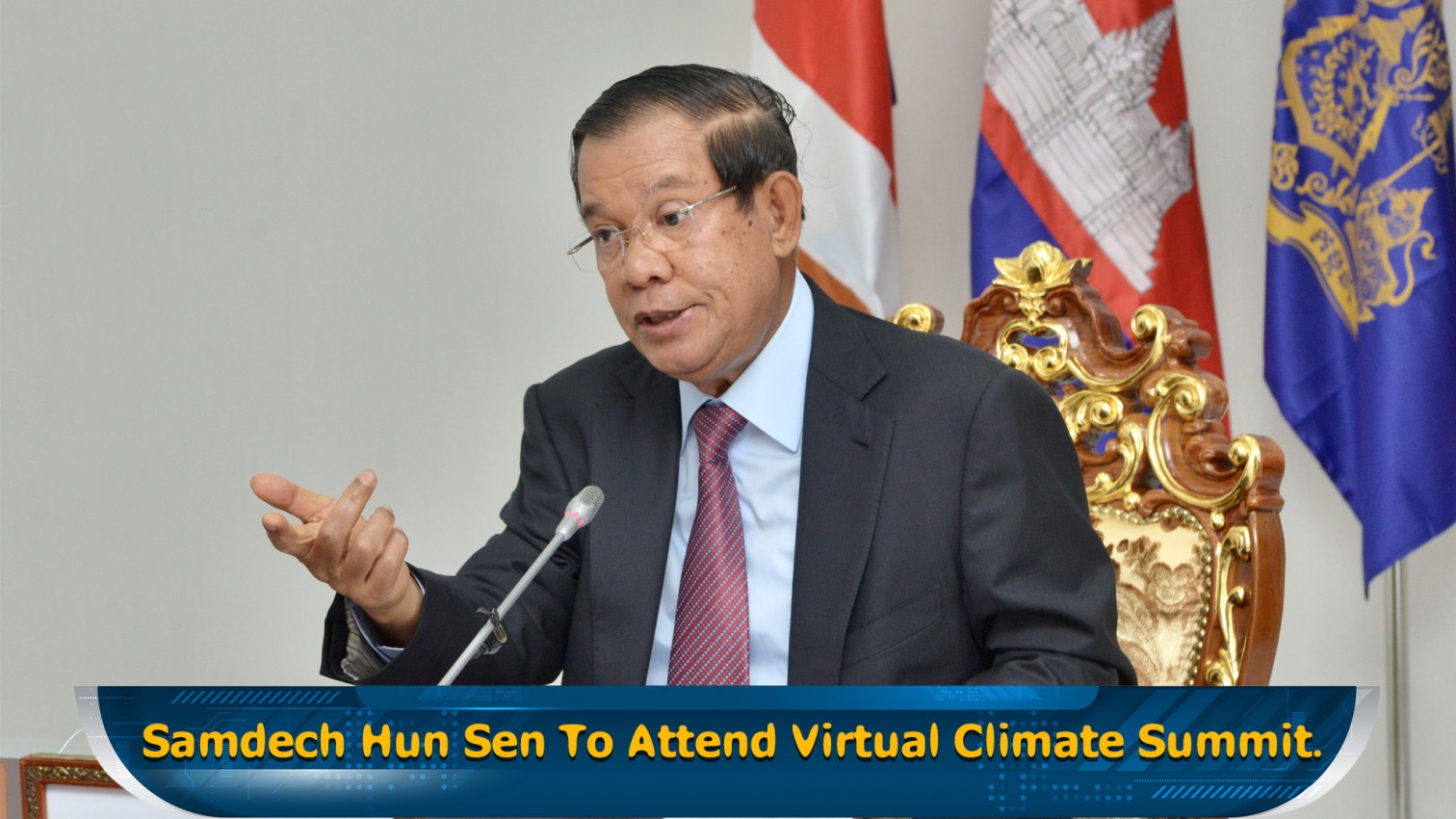PHNOM PENH: On the morning of November 23, the Cambodia Development Resource Institute (CDRI) hosted the conference “Cambodia Vision 2030 and Beyond: Charting a Path for Resilient, Sustainable and Inclusive Prosperity.” Prime Minister Hun Manet presided over the conference where he detailed his administration’s economic goals.
The PM said that with a focus on current priority policies and the implementation of measures set out in the past, he expects the Cambodian economy to grow by 5.6% this year. He expects a growth rate of 6.6% for 2024.
While he holds high hopes, he also mentioned the possible pitfalls that could deter the government from its economic goals.
"Certainly, this growth outlook may face some risks, as the current situation is highly uncertain. In this sense, Cambodia must adhere to the spirit of regular and proactive reform, trying to build resilience and promote economic diversification," he said.
Over the last twenty years, Cambodia has achieved strong and sustainable economic growth at an average rate of about 7% per year. Cambodia thus achieved low-middle-income status in 2015. Meanwhile trade volume via domestic production has increased nearly tenfold from $3.1 billion in 1998 to $29.6 billion in 2022.
The Prime Minister also said that the poverty rate had fallen below 10% before the Covid-19 crisis. He said that with social conflict diminishing, the economic structure has shifted from a traditional agricultural economy to a value-added industry and service economy.
He reminded the crowd about his father’s Win-Win Policy of 1998, when former Prime Minister Hun Sen allowed Khmer Rouge defectors to join the government. Prime Minister Hun Manet said this built a strong economic base for development in the market economy system.
He then laid out his administration’s five priorities starting with international trade based on the principles of multilateralism; second, to attract foreign direct investment for building new infrastructure to support economic growth; third, the strengthening of solid infrastructure to improve connectivity, facilitate mobility of resources and manpower, and deploy production bases; fourth, the continued development and promotion of human capital to participate in economic activities and increase productivity; and fifth, regular institutional and governance reforms to ensure their ability to manage the political, economic and financial systems.






































